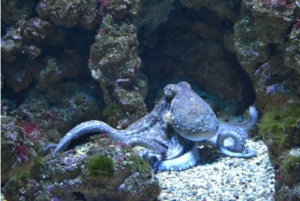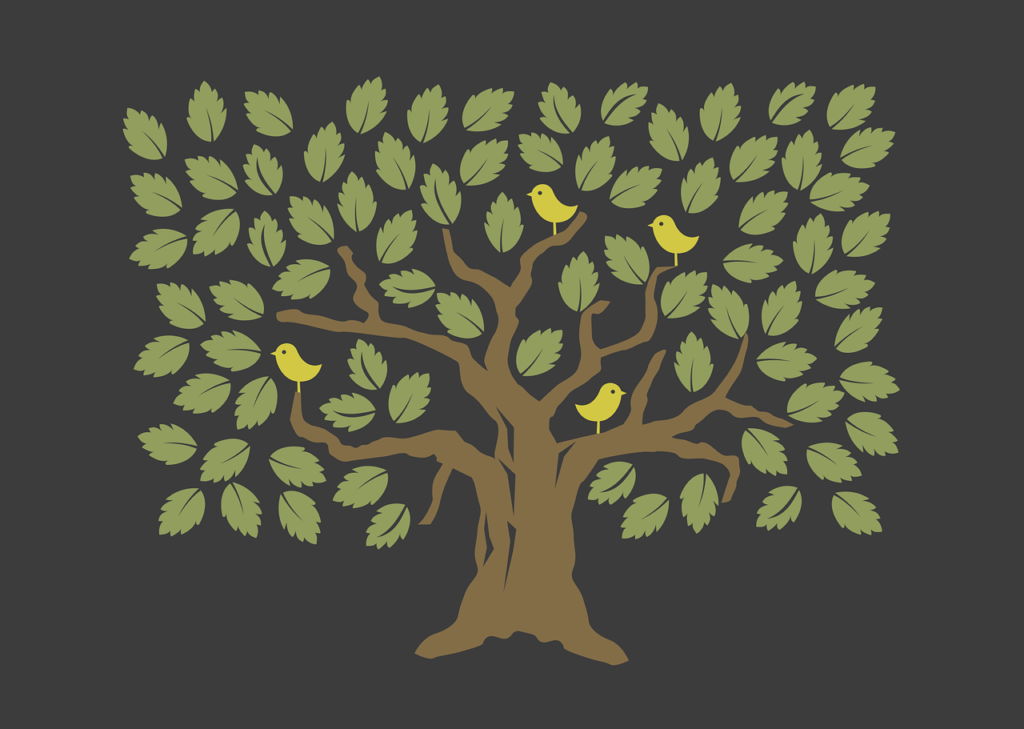This is Mary Oliver’s charge in her poem, Invitation. Oliver begs of the reader:
“do not walk by
without pausing
to attend to this
rather ridiculous performance.
It could mean something.
It could mean everything.”
The “ridiculous performance” that Oliver references in her poem is a musical gathering of goldfinches on a fresh morning in a broken world. Lately I have been noticing the birds in my yard with a particular sense of appreciation, as I don’t recall noticing their songs being so vivid and vibrant in past years. It seems the planet this spring is especially alive, perhaps more bright after our dark winter of inertness and isolation. As we emerge from the pandemic in springtime, this is a perfect time to pause and attend to our commitment to the planet Earth.
One year ago, on Earth Day 2020, the International Family Nursing Association launched an official Position Statement on Planetary Health and Family Health. The purpose of this position statement is to inform nurses and the public of the link between planetary health and family health, and to offer direction and support for family nursing education, research, and practice. In our blog post introducing the document, we ended with Oliver’s charge to change your life as a call to action for nurses, families, and partners worldwide to make a difference in the health of the planet.
One year later, the directive to change your life still resonates with me. Coincidentally, I was recently reminded of this same directive as I watched the documentary, “My Octopus Teacher”. In this beautiful film, freediver Craig Foster forges a relationship with a wild common octopus in a South African kelp forest.
 “There’s something to learn here”, says Forster. “I had to have a radical change in my life…”. Forster recounts feeling distant from his family and humanity when he discovered a particular octopus during a free dive in the kelp forest. After visiting the octopus daily for nearly a year, he realizes he is changing. “My relationship with people, with humans, was changing. What she taught me was to feel that you’re part of this place, not a visitor. That’s a huge difference.” Check out the Sea Change Project to see how their work is motivating scientists, policymakers and individuals to engage meaningfully with nature.
“There’s something to learn here”, says Forster. “I had to have a radical change in my life…”. Forster recounts feeling distant from his family and humanity when he discovered a particular octopus during a free dive in the kelp forest. After visiting the octopus daily for nearly a year, he realizes he is changing. “My relationship with people, with humans, was changing. What she taught me was to feel that you’re part of this place, not a visitor. That’s a huge difference.” Check out the Sea Change Project to see how their work is motivating scientists, policymakers and individuals to engage meaningfully with nature.
As family nurses, we will do well to remember that we are part of this planet, not visitors. Forging a relationship with the living creatures of the Earth can help us remember that we are part of the planet, with a responsibility for its wellbeing and its future. The pandemic and the way that it has shaken us out of our mindless routines is an opportunity to change our lives. We have a unique opportunity in this emergence from our dark winter to commit to actions that benefit the planet Earth and as a result, contribute to the health of families.
 On this Earth Day 2021, the International Family Nursing Association is asking you to join us in committing to change. We are launching a year-long campaign to help nurses and families take action toward implementing change to support planetary health and family health. Each month for the remainder of the year, we will be sharing a blog post about one of the nine Essential activities and outcomes outlined in the position statement:
On this Earth Day 2021, the International Family Nursing Association is asking you to join us in committing to change. We are launching a year-long campaign to help nurses and families take action toward implementing change to support planetary health and family health. Each month for the remainder of the year, we will be sharing a blog post about one of the nine Essential activities and outcomes outlined in the position statement:
- Teaching future nurses about the relevance of planetary health to family health
- Educating members of IFNA about the relevance of planetary health to family nursing
- Informing the public, including policymakers about the impact of planetary health on family health
- Using a planetary health lens in formulating research questions about family health
- Contributing to the research agenda for planetary health/human health
- Assessing families through a planetary health lens in family nursing practice
- Implementing generalist and advanced family nursing practice with a planetary health lens
- Minimizing our organization’s negative impact on the planet through sustainable practices
- Collaborating with other organizations to remain actively engaged in advocacy and policy efforts related to planetary health
As we launch this effort, we challenge you to make a commitment to positive action for a better planet for nurses and families. At 7:30 pm GMT standard time on April 22, the IFNA UK and Ireland chapter is hosting an Earth Day Planetary Health Tweet Chat, led by Simon Stones, Diana Greenfield and Veronica Swallow. Please stay tuned for our upcoming IFNA blog posts and join @IFNAorg on social media for Twitter posts and conversations about ways to take action to help the planet and families.
We look forward to a year of focused attention on the health of the planet and families. Let’s follow the lead of the goldfinches and make this a performance of gratitude!
How to cite the position statement (APA 7th edition format):
International Family Nursing Association (IFNA). (2020). IFNA Position Statement on Planetary Health and Family Health. https://internationalfamilynursing.org/2020/04/18/ifna-position-statement-on-planetary-health-and-family-health/
Wendy S. Looman, PhD, APRN, CPNP-PC, is a Professor and Chair of the Child and Family Health Cooperative in School of Nursing at the University of Minnesota. Her research focuses on the promotion of family health in the context of childhood chronic conditions. Dr. Looman studies family interventions to improve quality of life for children with medical complexity, with an emphasis on keeping family goals at the center of care coordination across multiple systems of care. She is a member of the IFNA Communications Committee and co-author of the IFNA Position Statement on Planetary Health and Family Health. You can follow her on Twitter @looma003.
Image credits:
https://pixabay.com/vectors/tree-foliage-forest-nature-spring-4857597/
https://pixabay.com/photos/fish-octopus-water-aquarium-1633525/

